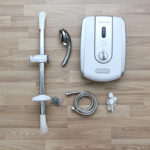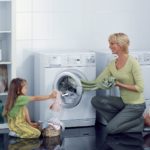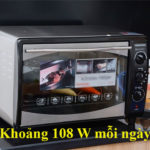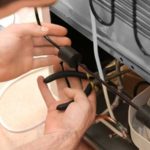Electronic Devices and Appliances: The Silent Culprits of High Electricity Bills
In modern life, electronic and household appliances have become indispensable, providing us with comfort and convenience. However, behind that convenience lies a not-so-insignificant electricity cost that many households have to pay each month. Some appliances consume more electricity than one might realize.
1. Washing Machines and Dryers
Washing machines and dryers are essential appliances in every household, saving time and effort in laundry chores, yet they are major energy guzzlers. Additionally, leaving them plugged in even when not in use further contributes to higher electricity bills.
2. Televisions
Even when turned off, televisions can still consume a certain amount of electricity if not properly disconnected from the power source. With larger screen sizes and extended viewing periods, the amount of energy consumed can be significant.
3. Phone Chargers
Phone chargers, while seemingly insignificant, can add up to a considerable portion of a household’s total electricity consumption if left plugged in continuously. This is a hidden culprit for increased electricity bills that many people overlook.
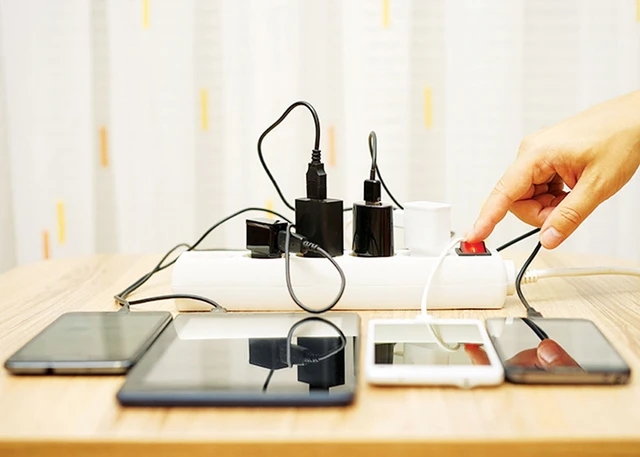
4. Water Dispensers
Water dispensers are also significant electricity consumers, especially in office settings or homes that frequently use hot water. To save energy, unplug the dispenser when not in use.
5. Air Coolers
Air coolers, another widely used cooling appliance, consume a substantial amount of electricity when operated for extended periods daily.
6. Induction Cooktops
Induction cooktops are high-energy consumers due to their high power usage. Many households have switched to induction cooktops for safety and cleanliness, but this also comes with increased electricity consumption.
7. Desktop Computers and Laptops
Desktop computers and laptops, even when turned off, can still run in the background and consume power. Notably, leaving them in “sleep” mode rather than fully shutting down significantly increases energy consumption.
8. Rice Cookers
Rice cookers, a staple in Vietnamese households, are also high-energy consumers, especially when used to keep rice warm for extended periods.
10 Ways to Save Electricity, According to EVN
On the Vietnam Electricity Group’s website, Mr. Dang Nguyen Phuong, Director of EVNSPC’s Business Department, suggests 10 ways to save electricity and reduce expenses during the hot season.
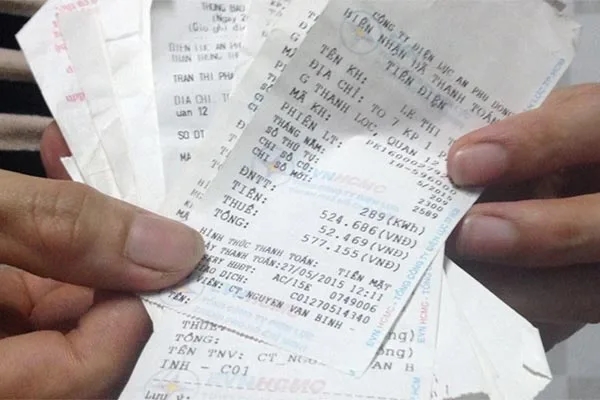
– Increase indoor greenery to mitigate the impact of sunlight and maintain a cool environment.
– Use curtains to block out sunlight; choose curtains that effectively reduce heat and sunlight penetration.
– Limit the simultaneous use of multiple electrical appliances during peak hours; use only essential and energy-efficient appliances.
– Open windows at night to allow cool air in and reduce air conditioner usage.
– Modify air conditioner usage habits, setting the temperature above 26 degrees Celsius and turning off the AC at night.
– Use refrigerators properly, keeping them at least 10 cm away from walls and avoiding frequent door openings.
– Consider energy efficiency ratings (EER) when purchasing new appliances; opt for those with higher ratings.
– Regularly clean electrical appliances to enhance their efficiency and reduce the number of appliances needed.
– Remove plugs from electrical devices when not in use to prevent energy wastage.
– Install energy-saving light bulbs, use LEDs, and maximize natural lighting.
Energy conservation is not just an individual responsibility but a collective effort for the community to protect the environment and minimize monthly living expenses. To lower electricity bills, individuals should make a conscious effort to unplug appliances after use and carefully consider the purchase of energy-intensive devices.
Important Guidelines to Follow When Utilizing a Washing Machine’s Dryer Function
If you’re looking for ways to maximize the efficiency of your washing machine and dryer, we’ve got just the advice for you! Follow a few simple guidelines and you can increase the performance of your machines, save time and energy, and reduce noise levels. To get started, here’s a look at the best practices for using the dryer function of your washing machine!
Discover How Much Power Your Electronics Consume When Not In Use
Do you ever consider the amount of energy some of your electronics and appliances are consuming while you’re not even using them? With the amount of electricity being used each month, it’s important to find out how you can cut down on these costs. Let’s investigate some tips and tricks to help you save energy.



























